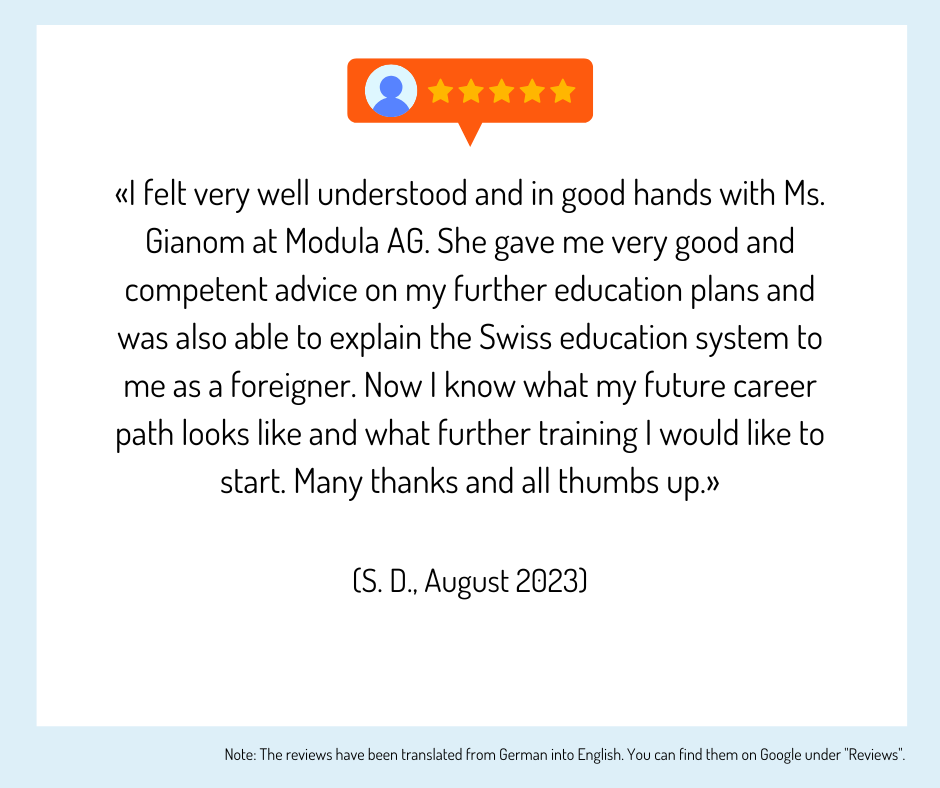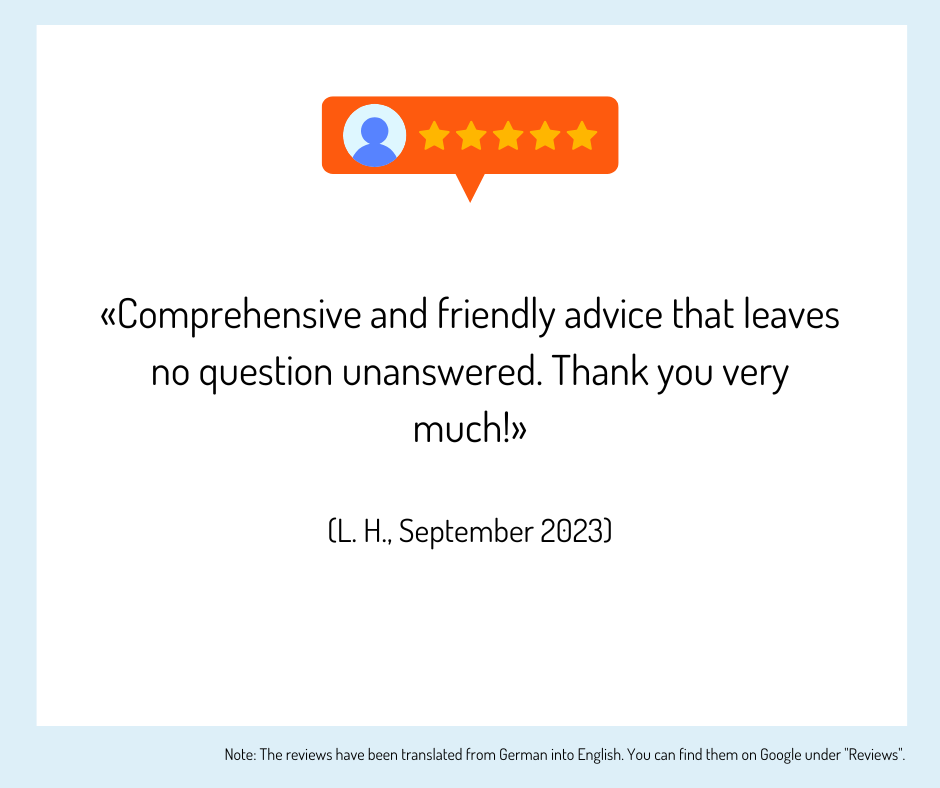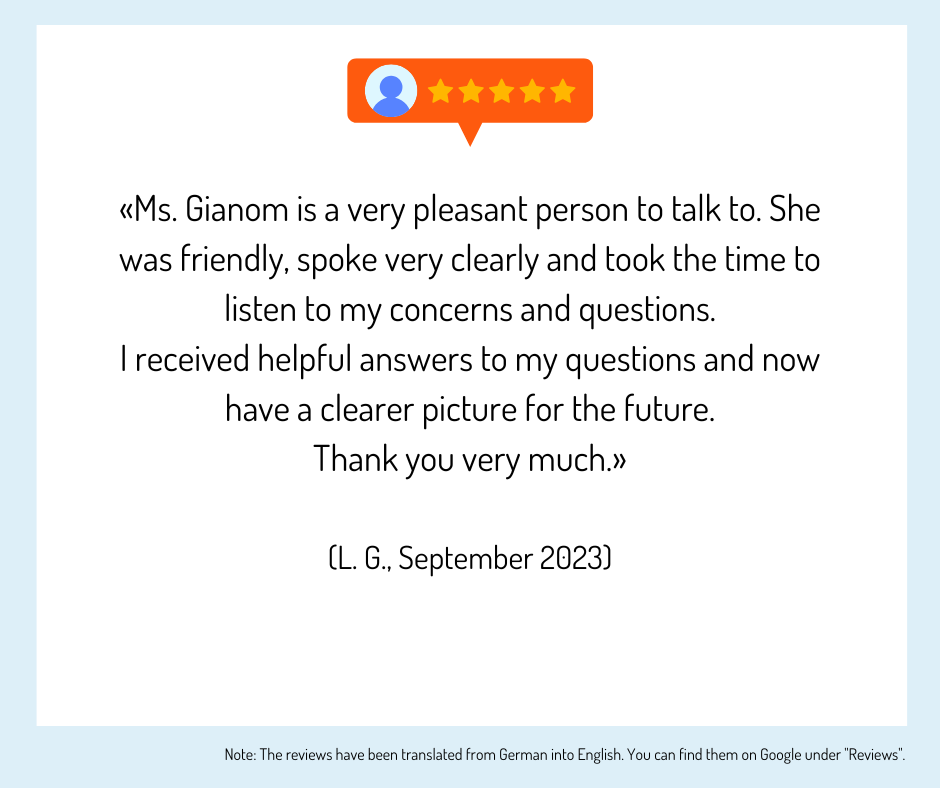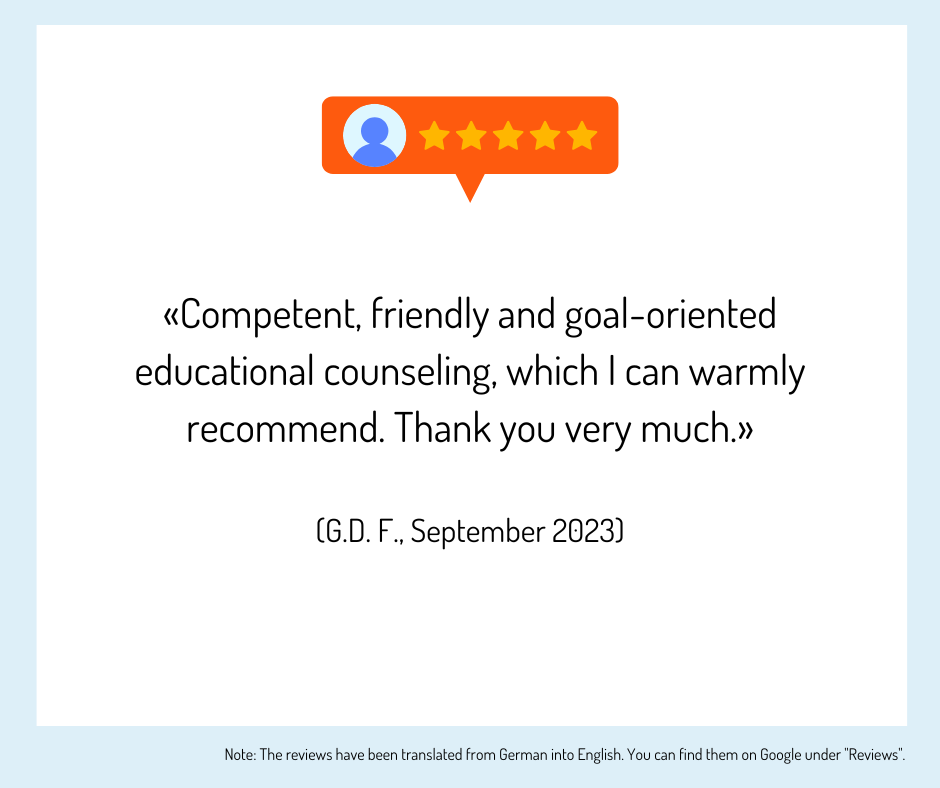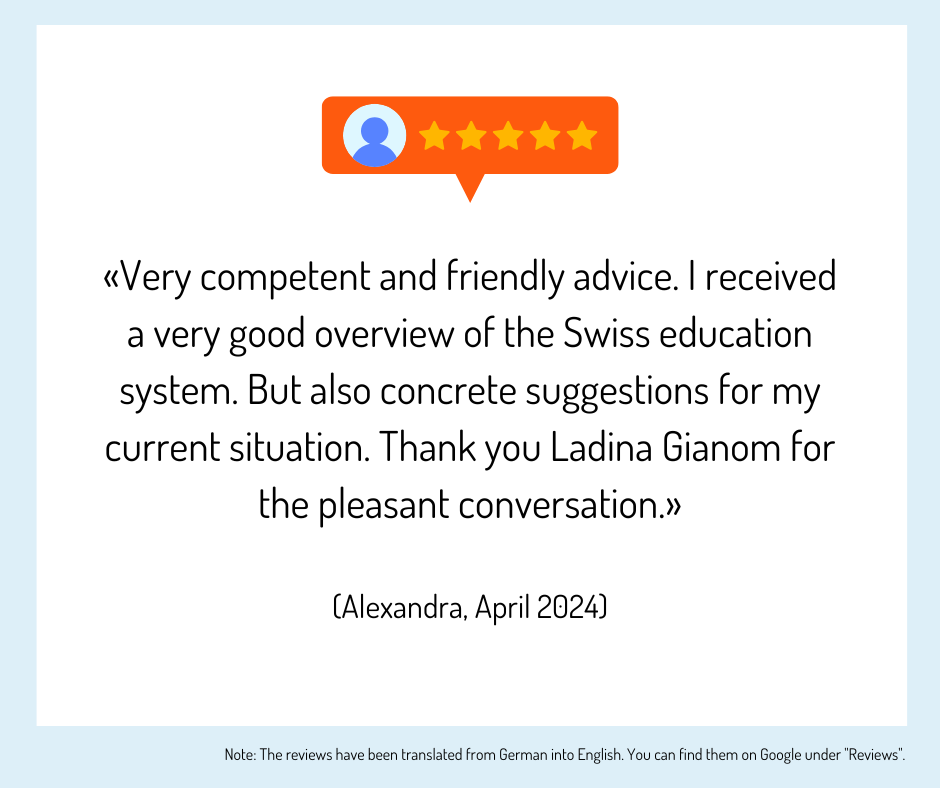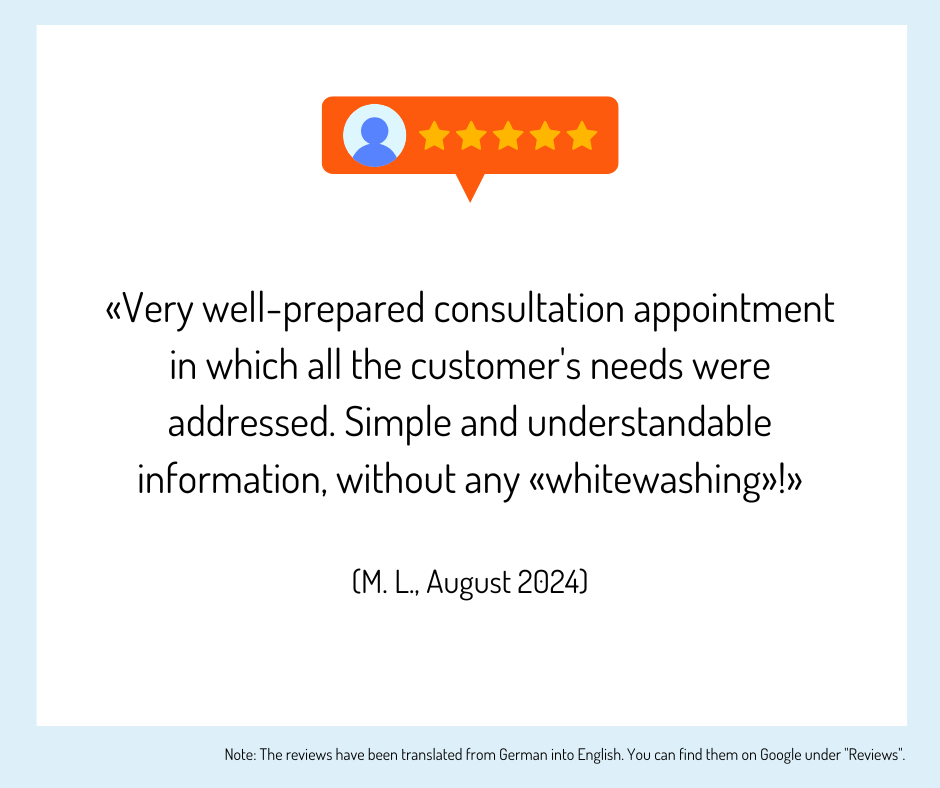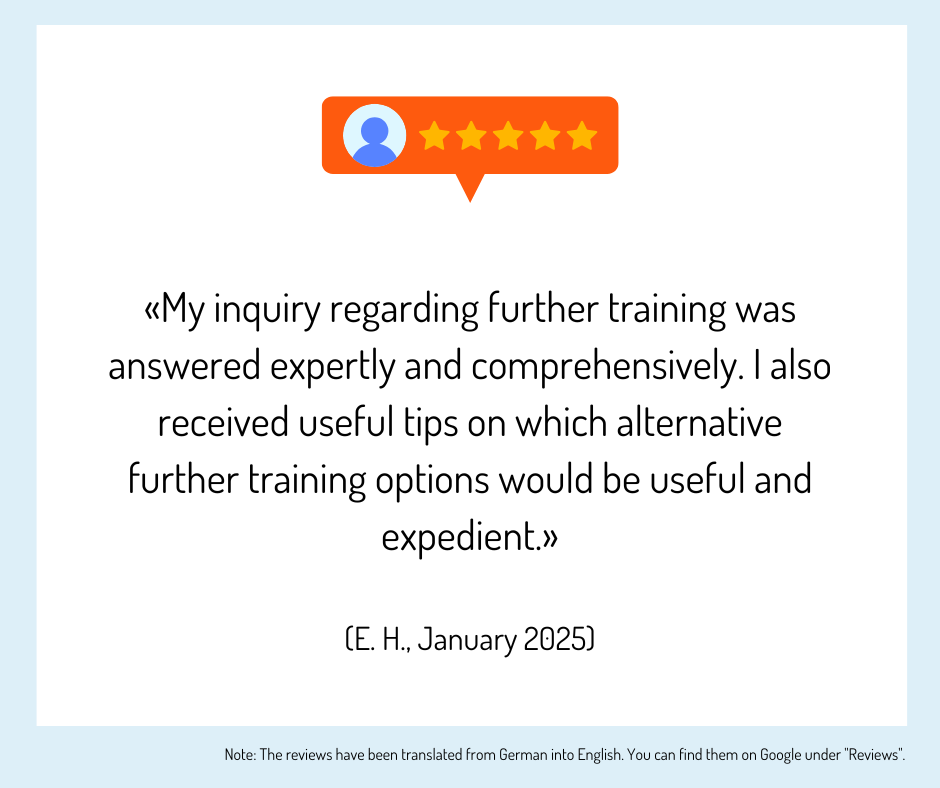Tronc Commun KT Complementary Therapy: Provider, Info, FAQ
Tronc Commun KT: Training, further training, courses
Questions and answers
What do the modules for the Tronc Commun KT look like?
The Tronc Commun Complementary Therapy course is divided into five modules, which in turn focus on the following topics:
- Understanding health aspects, ethics and the concept of man: In this module, participants gain a specific understanding of complementary health theory, as well as an idea of the different concepts of man. In addition, ethical issues such as healthcare or the principles and obligations in the profession, such as confidentiality or data protection, are addressed.
- Professional identification, management of a practice: economic aspects such as budgeting, administration, patient documentation, accounting, pension provision, insurance, law and legislation or marketing are addressed here.
- Knowledge of communication, psychology and conducting conversations: The module deals with basic psychological and communicative aspects that are also used in therapeutic conversation. For example, the different types of conversations (children, adolescents, parents) and the importance of the cultural factor are discussed. These are central parameters for the relationship between therapists and patients. In addition, the handling of information, data, copyrights and the correct way of citing are trained.
- Knowledge of emergency situations and resuscitation: Among other things, participants are introduced to the five features of the so-called rescue chain. This consists of rescue, raising the alarm, taking immediate life-saving measures and additional help, ensuring transportability and the emergency ward. Participants also learn about breathing and the cardiovascular system, as well as how to proceed in the event of a cardiac arrest and how to use an AED device.
- Knowledge of anatomy, physiology, biology, as well as teaching about diseases, pharmacology and client and therapist safety: This comprehensive module covers cell organization, nutrition and metabolism, the sensory organs, the endocrine system, the nervous system, as well as the effects and side effects of medication.
These modules can be supplemented by homework, practical exercises (from theory to practice), group meetings, written assignments or a personal and individual learning diary.
What is the benefit of complementary therapy?
Complementary therapy can be used individually or in combination with alternative or conventional medical treatment. It can help:
- For people with somatic or psychosomatic problems
- For people with mental illnesses or mood disorders
- For complaints that cannot be categorized in the classic range of conventional medicine
- For illnesses and disabilities of any kind
- For rehabilitation after accidents or operations
- As a preventive measure against disorders of self-regulation by strengthening self-awareness and self-healing or recovery skills
- For people with a need for change
- As support for a disturbed sense of well-being
What is the difference between Tronc Commun KT and complementary therapy?
The Tronc Commun Complementary Therapy forms part of the three-part training for the KT sector certificate. In five modules, basic knowledge of complementary medical work is taught, such as an understanding of health, practice management, communication and psychology, emergency aid and resuscitation, etc. In order to obtain the degree, however, the methods module and the internship as well as a final examination must be completed. After this, a federal diploma (KT AFPE) can also be obtained.
In contrast to the "Tronc Commun KT", which teaches cross-method knowledge, there are various specific techniques of complementary therapy, some of which are also recognized by the OdA KT, the organization of the working world of complementary therapy. For example: acupressure, breathing therapy, Ayurveda, craniosacral therapy, kinesiology, yoga and shiatsu.
What does a complementary therapist do?
A complementary therapist promotes a holistic and sustainable recovery process by practicing complementary therapy methods. They work on and with the body (touch, movement) as well as with breath and energy work and accompany clients with guidance and discussion. As part of their professional development, complementary therapists can specialize in specific target groups (e.g. infants, children, pregnant women, high-risk occupational groups, senior citizens) or symptoms (e.g. the consequences of stress or accidents).
What complementary therapy methods are there?
The best-known complementary therapy methods are
- Acupressure therapy
- Respiratory therapy
- Ayurveda therapy
- Movement and body therapy
- Craniosacral therapy
- Fascia therapy
- Kinesiology
- Reflex zone therapy
- Shiatsu
- Structural integration
- Yoga therapy
Why Tronc Commun training?
With a Tronc Commun training you can achieve the following:
- Holistically promote the recovery of people with complaints, impaired health and performance, illnesses and people undergoing rehabilitation
- Work independently and for the most part in your own practice (sometimes also employed in health, education and social services institutions)
- See recovery as a process that depends on individual factors and encompasses the interaction of body, soul and spirit
- Complementary therapy is method-, body- and process-centered as well as interactive
- Strengthening self-regulation, promoting self-awareness and strengthening recovery skills
What does Tronc Commun Complementary Therapy mean?
Tronc Commun Complementary Therapy is often abbreviated to "Tronc Commun KT" or "TC KT".
If only the "Tronc Commun" part is considered, this is understood to be a "common trunk". This trunk forms the basic training for all therapists in complementary therapy by imparting fundamental skills for complementary therapy work. These are the same for all techniques and methods practiced.
Although the term Tronc Commun KT contains the word "therapy", it is more a component of the complementary therapist course than a concrete, independently applied therapy program in practice. Here, fundamental skills in the fields of medicine, the profession and social sciences are taught across all methods. These are then used specifically in the respective specialist areas.
For example, basic medical knowledge provides an understanding of the causes and risks of diseases, which are taken into account in complementary medical measures.
How does complementary therapy work?
Complementary therapeutic measures pursue, among other things, the goal of a holistic analysis and treatment of complaints of all kinds. These take place on the basis of various influencing (internal and external) factors and in harmony with the body, mind, soul and environment/life situation. Recovery is seen as a process. Through the combination of body-centered methods (touch, movement, breathing, energy), conversations and instructions, one's own perception is strengthened and self-regulation is activated. New ways of looking at complaints and illnesses can be shown, which leads to a better and healthier perception, as well as dealing with pain, complaints and stress, which in turn can be healing. Patients learn how to use their physical, mental and emotional strengths and individual resources appropriately and responsibly. This strengthens their self-competence.
A complementary therapy session is therefore not always the same, but is shaped and adapted to individual, personal needs. In principle, however, the following treatment steps can be part of complementary therapy: Encounter, Processing, Integration and Transformation. These phases can overlap and are by no means to be regarded as isolated entities.
What are the advantages of OdA KT Tronc commun?
Anyone who completes course units as part of the accredited "OdA KT Tronc commun" training program takes the examinations specified in the regulations. Those who pass these can obtain an industry certificate for the approved methods. The OdA KT sector certificate then allows access to the higher professional examination for complementary therapists. This allows you to obtain a federal diploma in complementary therapy.
Erfahrungen, Bewertungen und Meinungen zur Ausbildung / Weiterbildung
Haven't found the right training or further education yet? Benefit from educational advice now!
Further training is not only important in order to maintain or increase professional attractiveness, investing in training or further training is still the most efficient way to increase the chances of a pay rise.
The Swiss education system offers a wide range of individual training and further education opportunities - depending on your personal level of education, professional experience and educational goals.
Choosing the right educational offer is not easy for many prospective students.
Which training and further education is the right one for my path?
Our education advisory team will guide you through the "education jungle", providing specific input and relevant background information to help you choose the right offer.
Your advantages:
You will receive
- Suggestions for suitable courses, seminars or training programs based on the information you provide in the questionnaire
- An overview of the different levels and types of education
- Information about the Swiss education system
We offer our educational counseling in the following languages on request: French, Italian, English
Register now and concretize your training plans.
